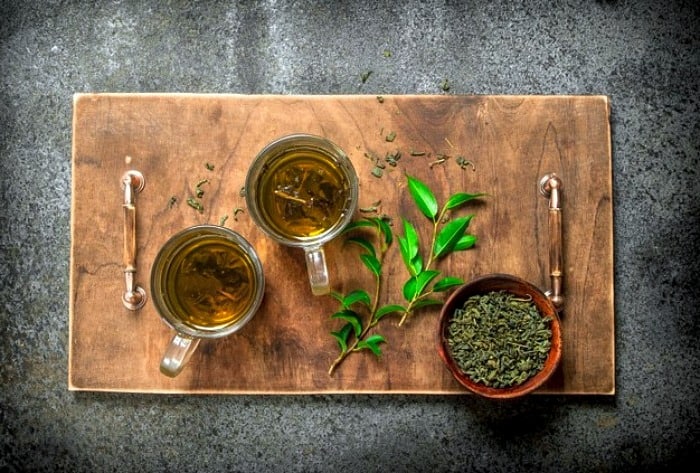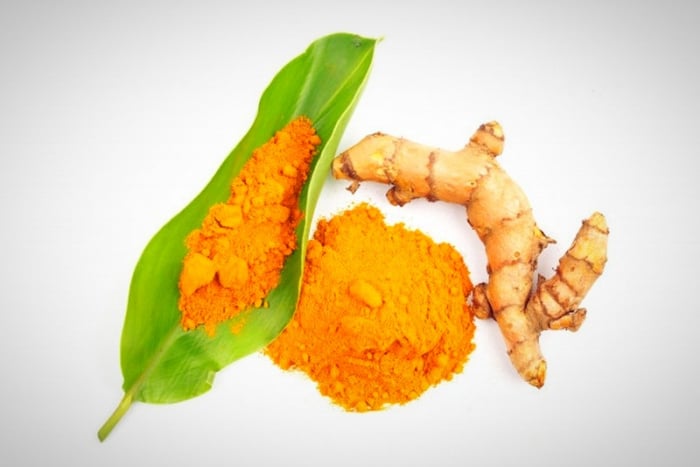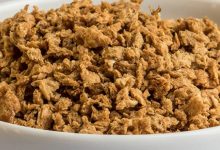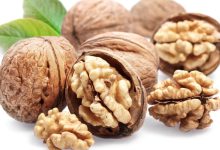Preventing cancer with a healthy diet
The importance of following an anti-cancer diet cannot be overstated. The consumption of fruits and vegetables and a healthy diet can help prevent cancer, for example.
However, choosing anti-cancer foods does not guarantee their effectiveness. The right foods can help reduce the risk.
Using natural ingredients to prevent cancer
Consume a lot of fruits and vegetables:
Nutrients and vitamins found in fruits and vegetables reduce the risk of some cancers. Furthermore, plant foods make you feel full and not sugary products.
The Mediterranean diet is good for preventing cancer because it emphasizes plant foods such as fruits and vegetables, whole grains, legumes, and nuts.

The benefits of green tea:
In addition to preventing liver, breast, pancreatic, lung, esophageal, and skin cancers, green tea is a powerful antioxidant. A cup of green tea contains 100 to 200 mg of this anti-cancer compound.
The tomato:
Lycopene, beta-carotene, alpha-carotene, and vitamin E found in tomatoes have been shown to prevent some cancers, such as prostate cancer in men and lung cancer in women. The body benefits from cooked tomatoes because they release lycopene.
Oil of olives:
As an anti-cancer food, olive oil is commonly used for cooking and preparing salads in Mediterranean countries. Mediterranean countries have a much lower rate of breast cancer than other countries, according to some studies.
The grape:
Resveratrol is an antioxidant found in red grapes that can fight cancer. Cancer cells cannot grow in red grape juice because it is abundant in antioxidants.
Garlic and onion:
By forming nitrosamines, garlic and onions can protect against colon, liver, breast, and stomach cancer. Chemical compounds in sulfur are more active when garlic and onions are hot. Therefore, one clove of garlic should be consumed daily.
Fish:
Prostate cancer risk has been reduced by omega-3 fatty acids found in fish such as salmon and tuna. If you want an alternative to fish, flaxseed is also recommended.
Berries:
Antioxidants in berries prevent free radicals from damaging cancer cells. Berry compounds also inhibit cancer cell growth and spread. You should include blueberries, raspberries, and strawberries in your daily diet.
Vegetables:
Cancer-fighting vegetables include broccoli, kale, and cauliflower. The compounds in these vegetables protect your body against free radicals that damage cellular DNA. Tumors can also be reduced and killed by these vegetables.

Turmeric:
It contains a substance called curcumin, which reduces cancer risk. Cancer cells are inhibited and shrink when curcumin is present.
Whole grains:
Fiber and antioxidants in whole grains reduce cancer risk. The consumption of cereals also reduces the risk of colon cancer. Whole grains include oats, brown rice, whole-grain bread, and pasta.
Green leafy vegetables:
Spinach and lettuce contain antioxidants beta-carotene and lutein. Some cancer cells cannot grow in these foods because they contain chemicals that fight cancer.
Beans:
Red beans and pinto beans are excellent antioxidants and should be included in an anti-cancer diet. Additionally, beans contain fiber, which reduces colon cancer risk.


